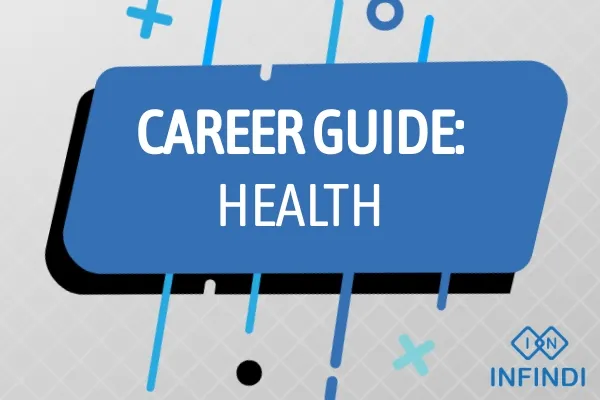For those with a dedication to promoting well-being and a passion for making a positive impact on people’s lives, careers in health offer a rewarding and essential path. Whether you’re an experienced healthcare professional or someone exploring entry-level opportunities, understanding the intricacies of jobs in health is essential. This article aims to provide a comprehensive guide to health jobs, addressing duties, salary expectations, job descriptions, skills, qualifications, education and training requirements, experience prerequisites, frequently asked questions, and daily tasks.
1. Duties and Responsibilities
Professionals in health play a crucial role in providing care, support, and guidance to individuals seeking to maintain or improve their well-being. Common duties and responsibilities include:
- Patient Care: Providing direct care to individuals in various healthcare settings.
- Diagnosis and Treatment: Diagnosing health conditions and implementing treatment plans.
- Preventive Care: Educating and promoting preventive measures for overall health.
- Health Education: Offering guidance on healthy lifestyle choices and disease prevention.
- Collaboration: Working collaboratively with interdisciplinary healthcare teams.
2. Salary Expectations
The salary for jobs in health varies based on factors such as the level of education, specialization, and the healthcare sector. Entry-level positions may start at around $40,000 annually, while experienced healthcare professionals in specialized or managerial roles can earn well over $80,000. Industries like nursing, medicine, public health, and healthcare administration tend to offer competitive salaries.
3. Possible Job Descriptions
Health roles encompass various positions, each contributing to the well-being of individuals and communities:
- Registered Nurse: Providing patient care and coordinating treatment plans.
- Physician: Diagnosing and treating medical conditions.
- Health Educator: Educating individuals and communities on health-related topics.
- Healthcare Administrator: Managing and overseeing healthcare facilities.
- Physical Therapist: Assisting individuals in recovering from injuries or surgeries.
4. Skills and Qualifications
Successful healthcare professionals possess a combination of clinical skills, empathy, and a commitment to patient care. Key skills include:
- Empathy: Understanding and addressing the emotional needs of patients.
- Communication: Effectively conveying medical information to patients and colleagues.
- Critical Thinking: Analyzing and solving complex healthcare challenges.
- Teamwork: Collaborating with interdisciplinary healthcare teams.
- Adaptability: Navigating dynamic healthcare environments and patient needs.
5. Education and Training Requirements
Formal education is crucial for health jobs, typically requiring at least a bachelor’s degree in a health-related field. Advanced degrees, such as a master’s or doctorate, are often required for certain specialized roles, such as physicians or advanced practice nurses.
6. Experience Requirements
Entry into health jobs often involves gaining practical experience through internships, clinical rotations, or entry-level positions. Advancement to specialized or leadership roles may require several years of relevant healthcare experience.
7. Frequently Asked Questions
Q: How is technology impacting health jobs?
A: Technology has transformed healthcare with innovations such as telemedicine, electronic health records, and advanced diagnostic tools, enhancing patient care and efficiency.
Q: Can healthcare professionals specialize in specific areas?
A: Yes, healthcare professionals often specialize in areas such as cardiology, pediatrics, mental health, or public health, tailoring their skills to specific patient needs.
Q: What role does preventive care play in health careers?
A: Preventive care is integral to health careers, focusing on educating individuals on healthy habits and measures to prevent illnesses and injuries.
8. Daily Tasks and To-Do Lists
The daily tasks of a healthcare professional can vary based on their specific role and healthcare setting, but a typical to-do list may include:
- Providing direct patient care, including assessments and treatments.
- Collaborating with healthcare teams on patient care plans.
- Educating patients on preventive measures and lifestyle choices.
- Documenting patient information in electronic health records.
- Staying updated on medical advancements and evidence-based practices.
In conclusion, a career in health offers a fulfilling and impactful journey for individuals dedicated to promoting wellness and improving lives. Whether you’re entering the healthcare field or aiming for advancement, understanding the duties, qualifications, and daily tasks associated with health jobs will set you on the path to success. Explore opportunities, contribute to the well-being of others, and embark on a rewarding career in the ever-evolving realm of health.

